Sir Mian Muhammad Shafi, a prominent Muslim leader from Lahore (now in Pakistan), suggested the political party be named the 'All-India Muslim League'. The conference unanimously passed the motion, leading to the official formation of the All-India Muslim League in Dhaka. It remained an elitist organization until 1937 when the leadership began mobilizing the Muslim masses, which turned the League into a popular organization. The Muslim League also formed a paramilitary wing named Muslim National Guard.
First political victory
After League's formation, Muslims started demanding separate electorates and reserved seats in the Imperial Council. Finally, on February 23, 1909, John Morley, then Principal Secretary of State for India, told the House of Lords that Muslims demanded separate representation and accepted them. This was the League's first victory. But the Indian Councils Bill did not fully satisfy the demands of the Muslim League. In 1909 the members of the Muslim League organized a Muslim protest and demanded separate electorates and more representation. As a result, the British Government granted two more reserved seats in the Imperial Council.
Rise of communalism
In 1913, Mohammed Ali Jinnah joined the Muslim League. According to the Historian Mushirul Hasan, until 1939, the faculty and students of the Aligarh Muslim University, which was founded by Sir Syed Ahmad Khan, supported an all-India nationalist movement. After 1939, however, sentiment shifted dramatically toward a Muslim separatist movement as students and faculty mobilized behind Jinnah and the Muslim League. The "Two-Nation Theory", the belief that Hindus and Muslims were two different nations who could not live in one country, gained popularity among Muslims.
Until 1937, the Muslim League had remained an organization of elite Indian Muslims. The Muslim League leadership then began mass mobilization, and it then became a popular party with the Muslim masses in the 1940s, especially after the Lahore Resolution. Under Jinnah's leadership, its membership grew to over two million and became more religious and even separatist in its outlook.
The Muslim League's earliest base was the United Provinces, where they successfully mobilized the religious community in the late 1930s. Jinnah worked closely with local politicians; however, there was a lack of uniform political voice by the League during the 1938–1939 Madhe Sahaba riots in Lucknow. From 1937 onwards, the Muslim League and Jinnah attracted large crowds throughout India in their processions and strikes. In the British Indian province of Sind, the historian Ayesha Jalal describes the pro-separatist Muslim League's actions to spread communal division. In the few years before the partition, the Muslim League "monetarily subsidized" mobs that engaged in communal violence against Hindus and Sikhs in the areas of Multan, Rawalpindi, Campbellpur, Jhelum and Sargodha, as well as in the Hazara District. According to a book named Mohajir's Pakistan, written by M. G. Chitkara, the Muslim League paid assassins money for every Hindu and Sikh they murdered. As such, leaders of the Muslim League, including Muhammad Ali Jinnah, issued no condemnation of the violence against Hindus and Sikhs in Punjab.
After partition
The All-India Muslim League was disbanded after the partition of India in 1947. However, it was succeeded by Indian Union Muslim League (IUML) in the new India. The Muslim League formed its Government in East Bengal immediately after the partition of Bengal. IUML is recognized by the Election Commission of India as a State Party in Kerala. Apart from Kerala and West Bengal, the League had Legislative Assembly members in Tamil Nadu, Pondicherry, Maharastra, Karnataka, Uttar Pradesh, and Assam.
Controversies
Muhammad Ismail, the first President of the Indian Union Muslim League after it split up from Jinnah's Muslim League, had actively participated in the partition movement of the country and was an ardent supporter of the creation of Pakistan. Interestingly, Muhammad Ismail, who claimed IUML was a secular outfit, had, in fact, supported the retaining of Sharia law for Indian Muslims in the Constituent Assembly after India's independence. The Indian Union Muslim League has been notoriously known for flaring up communal incidents in Kerala. The party was found involved in the planning as well as the execution of the brutal Marad massacre in Kerala in 2003 as per the report of Justice Thomas P Joseph Commission which was set up to investigate the incident. The report had declared the massacre as "a clear communal conspiracy, with Muslim fundamentalist and terrorist organizations involved". Further, in 2017, the Central Bureau of Investigation (CBI) had registered a fresh First Information Report (FIR) in connection with the probe and had named Indian Union Muslim League leaders P.P. Moideen Koya and Moyeen Haji as accused of funding, conspiring, and executing the riots.
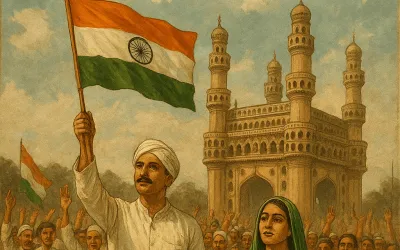
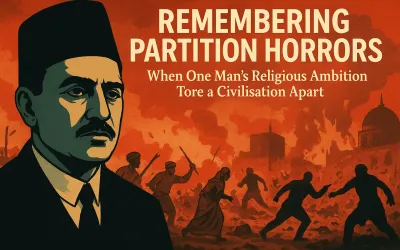
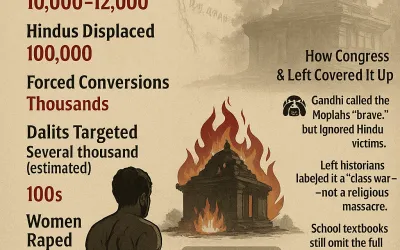

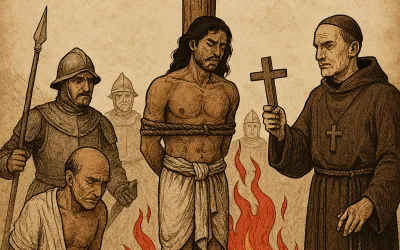
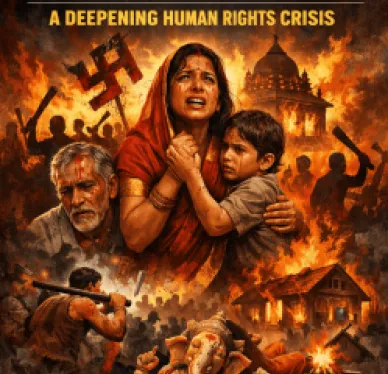

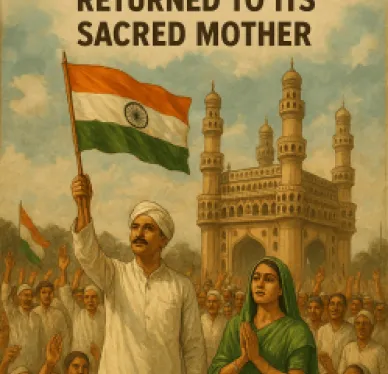
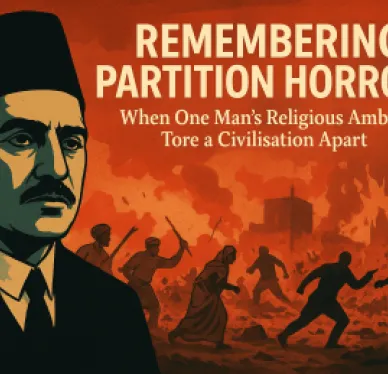
Comments
Add new comment